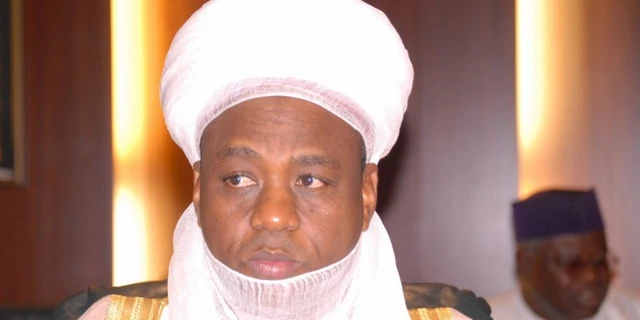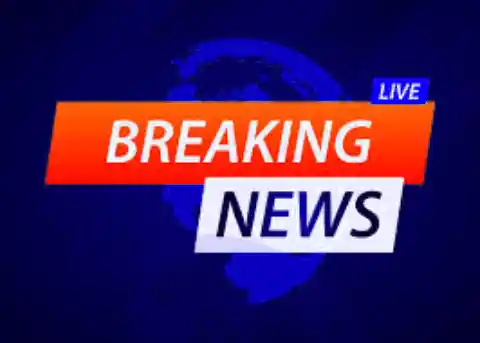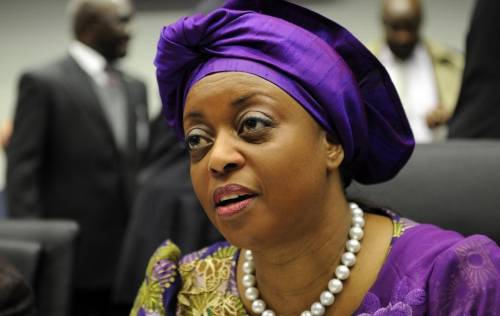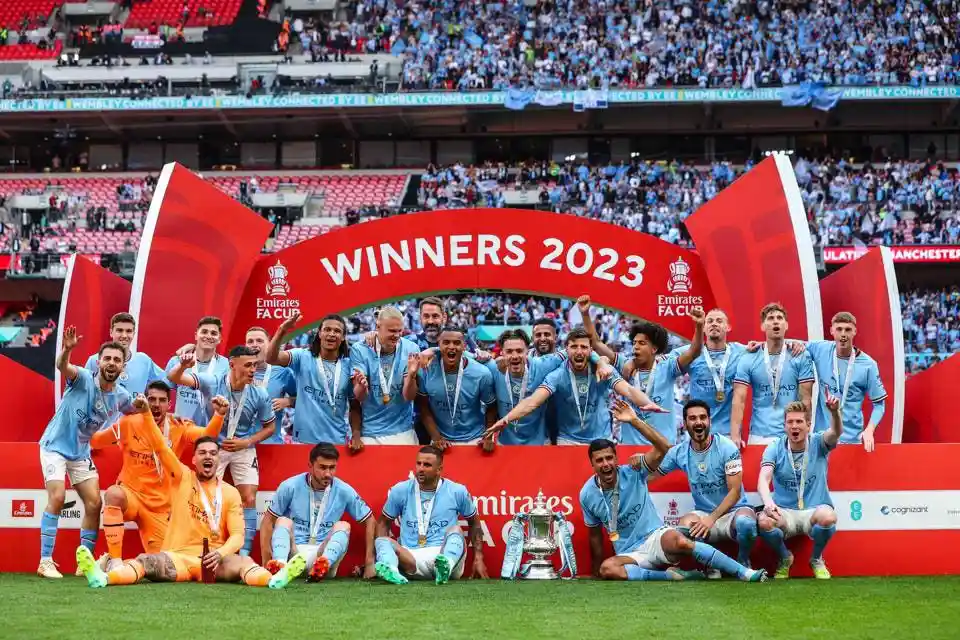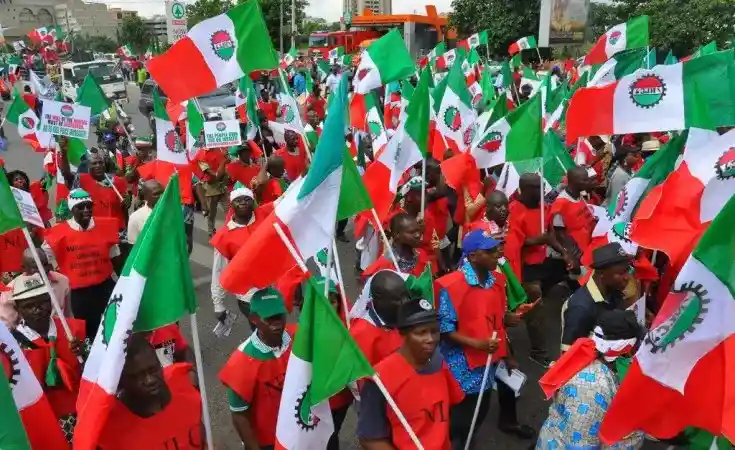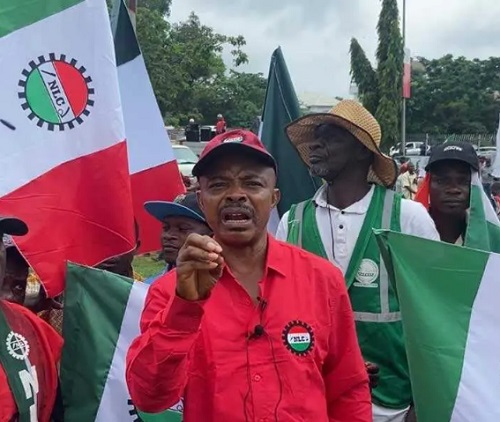Labour Minimum Wage: Market Realities Peg Ideal Minimum Wage for Nigerian Workers at N104,400.
Nigerian minimum wage earners will need to be handed at least N104,400 monthly to retain the material satisfaction that a N30,000 take-home afforded them when the current minimum wage was adopted in April 2019, an independent data analysis conducted by The Guardian has suggested.
This means entry-level workers need an additional N74,400 to retain their welfare and the prestige of workers. The analysis is strictly backward-looking and ignores the near-future path of price changes.
Read Also : Watch Video as Popular Pilgrim Dies After Shouting Anti-Israel and Pro-Hamas Slogans (Full Details)
Adjusted for headline inflation, food inflation, fuel price increase, and foreign exchange movement, the current wage level has lost its value and would need to be tripled to restore the purchasing power of the working class. An average worker, whether on public or private sector payrolls, will need an almost 200 per cent pay raise to maintain the 2019 utility level, otherwise, they will slip further below the poverty index.
But since essential items, which low-income earners consume, rise faster than other goods in a high inflationary economy like Nigeria, minimum wage earners will need much more than a 200 per cent upward salary review to prevent them from falling to a lower poverty level than they were five years ago.
Father Kills His 6-Year-Old Daughter For Money Ritual In Delta Community
Detailed research of the country’s price movement in the past five years shows that rice, bread, yam, beans, and garri, often considered food items for ordinary Nigerians, have increased faster than other items on the consumer price index (CPI).

For instance, while the general price level has increased by only 160 per cent since April 2019, data from the National Bureau of Statistics (NBS) shows that yam, rice, and bread have increased by an average of 630 per cent in the same period.
For Nigerian workers who spend all their incomes on these three items (hypothetical as nobody consumes only these three items), a N30,000 take-home in 2019 will need a geometric increase to over N180,000. Otherwise, the real incomes of this category of consumers will fall below the pre-COVID-19 era.
Beyond the complexity of essential consumption bundle analysis, key consumer or standard of living measurement variables show that N30,000 today has lost nearly 70 per cent of its value compared to five years ago.
Labour Minimum Wage and Market realities
Wages, across the world, are adjusted for inflation. Sadly, Nigeria’s CPI has been treated with caution by analysts who have raised questions about the integrity of its computation. Some have dismissed it as politically manipulated. Still, the official data shows that the composite price level has increased by 160 per cent in the past five years – from 283.5 to 733.4 monthly points in May.
This suggests that a minimum wage earner, who consumes every item on the CPI basket (including exotic wines), will need to push up their monthly income from N30,000 to N77,600 to continue to consume the exact items their May 2019 monthly salary could afford.
Supposing the worker was restricted by their low earnings to consume only food items, which have increased at a faster speed than other items on the CPI basket, the minimum wage should be adjusted to N89,800 to help the worker recover the welfare level lost to the years of price increase.
Eid-El-Kabir: Gov Mbah Felicitates Muslims, Harps On Love, Sacrifice
Whereas fuel increases and naira depreciation, which the organised labour have used to rationalise what many have dismissed as “unrealistic demand”, feed into price changes, the magnitude of their change in the intervening years is different from the inflation rate.
Fuel, for instance, has increased by nearly 320 per cent since April 2019 – from N145 to N605 per litre. If this is taken as a major index for new minimum wage consideration, the government and labour should be considering an N125,000 wage floor. But this may be a faulty argument as fuel may only be considered to the extent to which it feeds into other prices such as transportation and food.
Though Nigerian workers spend their income in naira, the dollar value of what they earn is important for pairwise comparison and global benchmarking. Five years ago, the N30,000 wage was about $83. One needs to earn N125,000 to be at the same level in global income indexing as one was in 2019.
Adjusted for the average growth of the four major indices – headline inflation, food inflation, fuel price and exchange rate – and excluding trite arguments about the ability to pay, the idea of a minimum wage that will sustain the welfare loss to changes since 2019 is N100,600.
The price-adjusted minimum is nearly 70 per cent above the N62,000 offered by the government. But the wage peg would need to be raised by over 100 per cent to meet the N250,000 labour unions have demanded.
Sadly, the government may peg the wage floor around N70,000. A source privy to key factors President Bola Tinubu’s team has placed on the table confided that the government is considering raising the N62,000 offer to between N69,000 and N72,000.
If the midpoint (N70,500) is adopted, the wage floor would have been raised by 135 per cent. But the consideration is said to have been protested by some state governors, who have warned that an unreasonably high minimum wage would pose a major challenge to states’ fiscal stability.
The 36 states have offered an average of N52,000, according to the collation of what the governors considered as an affordable wage floor. At N30,000, Zamfara state offers the least while Rivers state’s N80,000 is the highest, putting the range at N50,000 and bringing to the fore wage decentralisation the debate.
In the private sector, there is a growing fear that an outrageous wage review would worsen the crisis and increase the cost of production in two ways – a higher wage bill and the cost of borrowing. In theory, a wage increase increases aggregate demand, which in turn pushes up the inflation rate unless the output level remains unchanged.
In response to higher price pressure, the current hawkish Central Bank will more likely raise the anchor interest rate further rather than tolerate higher inflation. That could increase commercial loans, which will translate to another round of higher cost of production, leading to more layoffs and a higher level of poverty. This raises questions about the real value of the planned wage review and whether the organised labour is seeking employees’ welfare improvement or if the members are in some sort of money illusion.
The President of the African Development Bank (AfDB), Dr Akinwumi Adesina, in reference to the negotiation, said a nominal wage increase in a highly inflationary economy is self-defeating, suggesting that additional income may translate to no value in terms of higher purchasing power as inflation would wipe off the top-ups.
Already, economists have dismissed the labour demand as not feasible, saying it could lead the economy into more debt and hyperinflation.
The organised labour, comprising the Nigeria Labour Congress (NLC) and the Trade Union Congress of Nigeria (TUC), at the last meeting of the tripartite committee, which had concluded and submitted its report to the Federal Government and is waiting for President Bola Tinubu’s approval, insisted on N250,000 as the new minimum wage for Nigerian workers.
But analysts said that at this point, there was a need to recognise the capacity to pay across the three tiers of government, comprising the federal, state and local governments.
While calling for a decentralised minimum wage system, they argued that there was a need for labour to reckon with whatever is sustainable and realistic to pay.
Director-General of the Centre for the Promotion of Private Enterprise (CPPE), Dr Muda Yusuf, suggested that at the federal level, N70,000 or N80,000 is realistic while at the state level, N60,000 would suffice, even as some of the governors say they cannot pay such.
Yusuf lamented that in the private sector, there are those in the small and medium enterprises (SMEs) that are struggling to stay afloat.
According to him, some business owners are not earning anything while some are borrowing to pay salaries.
“They are running on deficits. We must be considerate of the private sector because they are of different categories. It is not a question of volume or size but profitability,” he said.
He said while labour should be considered, the commitment of the government is not only to Federal Government workers, who only make up five per cent of the entire population, stating that there is another 95 per cent of the citizens, who also need the government to provide basic amenities and essential services for a better living.
According to him, there are a lot of factors to be considered, which is a bit complicated.
“The minimum wage cannot be the same for the three tiers of government. We need to recognise the capacity to pay across the three tiers. There are different capacities to pay among the agencies of government. Whatever we are doing for the Federal should be separated from the states,” he said.
A finance and public sector economist, Dr Uba Chiwuike, agreed that there should be an increase in workers’ wages but advised that planned increments should align with the level of productivity.
Seeing a N100,000 figure as a minimum wage, he said what labour should prioritise at this time is pushing for good governance.
“Looking at the economy, N100,000 is okay and labour should take on what they can do to make the economy grow,” he said.
Asked what would happen if Tinubu does not announce up to N100,000, he advised labour to accept the figure and push more for governances.
Credit: Guardian.ng





